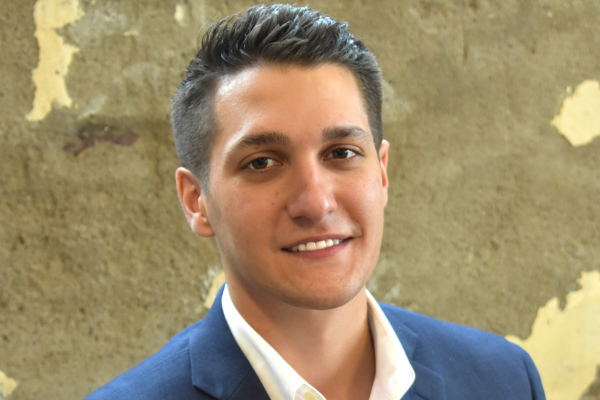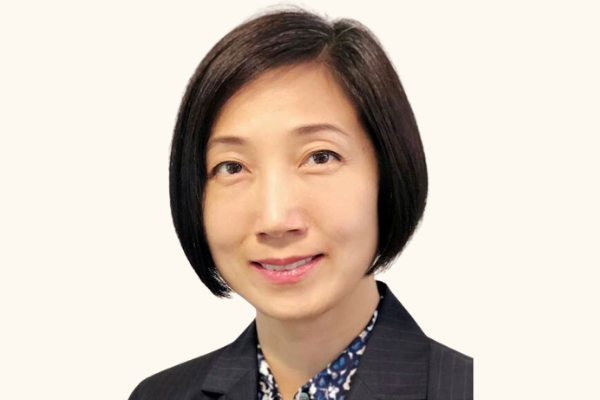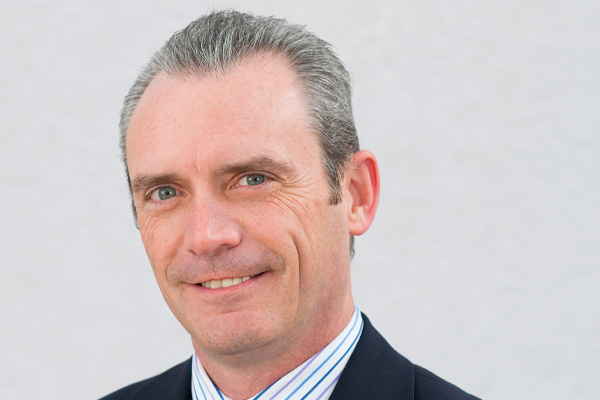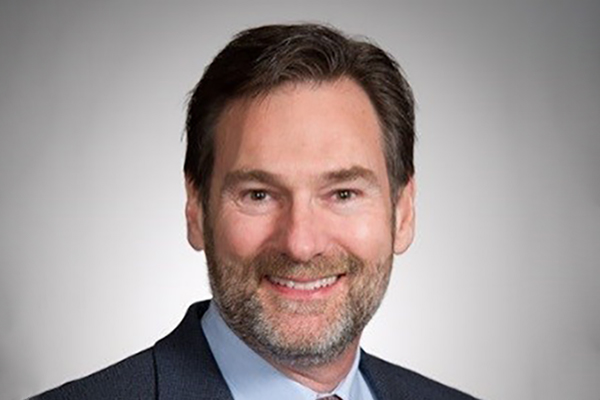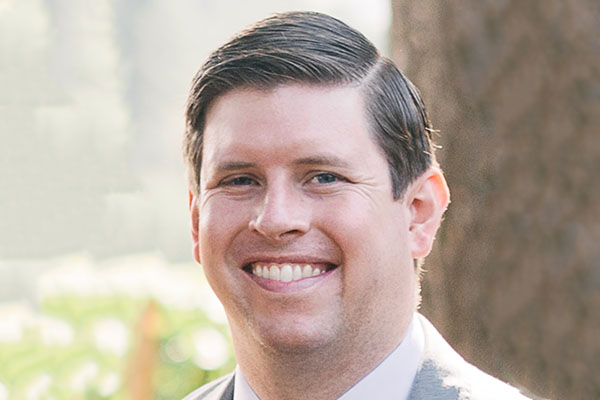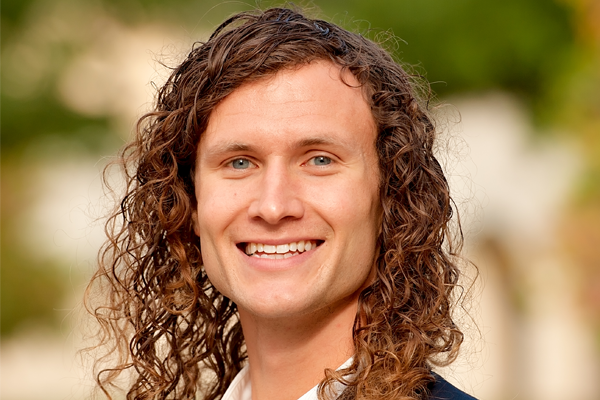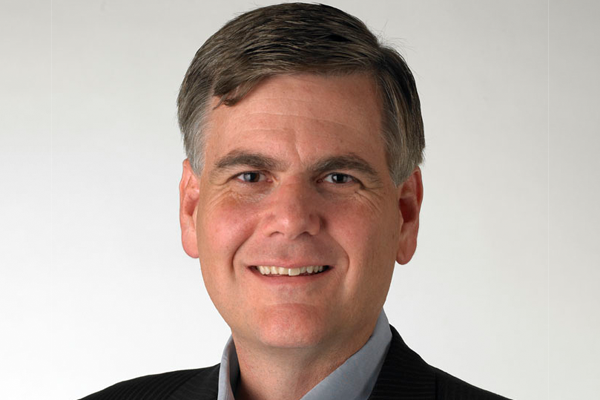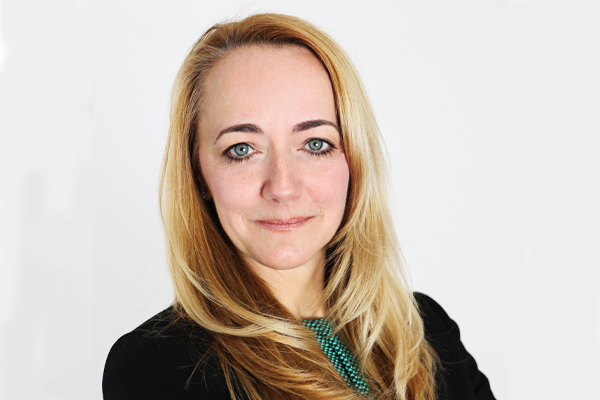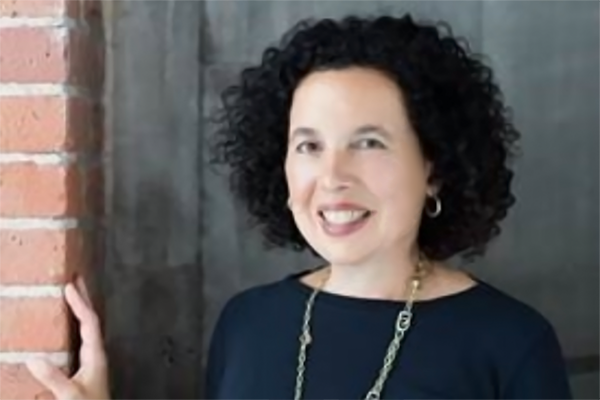Margaret always thought she would be a ballerina and dance teacher, but unexpectedly learned her true destiny was in chemistry
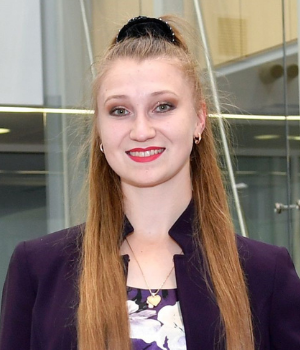
Margaret Kocherga, founder and CEO of MARGIK, is an award-winning early-stage entrepreneur. Her main specialty is in organic and hybrid materials for organic electronic devices. In addition to being a scientist, Kocherga is also a professional ballerina. Her trajectory from the stage to the laboratory was the result of a career-threatening injury. Overcoming hardships is something that she has learned to take in stride and uses to fuel her success. Kocherga is currently participating in the entrepreneurial program Chain Reaction Innovations, in partnership with Argonne National Lab, to help accelerate her technology's market readiness. Margaret is continuing to work with her alma mater, UNC Charlotte, as a business partner. Her goal is to help create a more sustainable future.
MARGIK is a Charlotte, NC-based company founded in 2019 to produce materials for organic electronics, such as electron/hole transport materials, hosts, emitters, absorbers, and sensors. Organic electronics is a branch of modern electronics dealing with organic materials such as polymers or small carbon-based molecules. MARGIK brings together experts in synthetic chemistry, thin-film characterization, and electronic device fabrication/testing to develop a tailorable and scalable materials platform that will provide its customers with economically and reliably supplied materials optimized for their needs.
What led you to study chemistry? Have you always loved and excelled in the sciences?
When I received my injury, I was very lost about what to do next, and decided to go to community college. I had very good science and math educators there, and I decided to take organic chemistry. That is when I truly fell in love with chemistry and was inspired by the stories my professor shared about her research. I had thought that I would be a ballerina and dance teacher, but when I talked to people around me, they were not surprised that I am, at heart, a scientist, so it must have been my destiny without me realizing it.
What’s been the most challenging aspect of starting your own company? Who were your mentors?
As Matt Blumberg said, “You’re only a first time CEO once.” I always feel like I am not learning fast enough, which leads to mistakes and delays. Being a deep tech startup outside of Silicon Valley also poses challenges as we have unique needs. But these challenges have led me to join entrepreneurial networks and find specialized mentors earlier than one typically would. In this article, I would like to highlight those who helped me get started: Dr. Thomas Schmedake from UNC Charlotte, who as my PhD mentor supported my self-exploration from teaching assignments to educational outreach and entrepreneurship; and Laura Smailes from Ventureprise, with whom I took my first entrepreneurship classes, and who continues to support me by picking up my midnight calls crying for help and connecting me with someone in her network.
As you can see, we have a growing team of mentors, and if you have experience in the organic electronics industry, we would be happy for you to join our journey!
Were there “learning moments” along the way you’d like to share with our readers?
My biggest lesson so far is: This is a small world. Everyone knows everyone in your professional space. It’s true. Even when you think that no one is paying attention, you are being noticed. So always be professional, no matter how upsetting the situation is, and be respectful. Never burn bridges.
Last year seemed to be a breakout year for MARGIK in terms of funding and growth. Can you take us through your journey in securing grants and lab space?
We had planted seeds for the company just before the pandemic, but we ended up sprouting at the peak of lockdowns, which limited our operations, and were dark times mentally. We have been lucky to join the entrepreneurial program Chain Reaction Innovations in mid-2020, which enabled us to access scientists, space, and resources at Argonne National Laboratory and provide many resources. Since we were not able to make significant progress in technology development in 2020, I decided to shift our focus to team growth, building a potential customer network to understand the market needs and what products to build. This experience helped with our preparation of grants. But in regard to laboratory space, that remains challenging. We are currently renting space at UNC Charlotte. Sadly, there is no collaborative space for startups that do chemistry in either Chicago or Charlotte NC. If someone is looking to invest into building out space like that, I think there would be a huge demand.
Can you take us through your first pilot and what was the outcome?
Our very first pilot was with Sinovia Technologies, and it was quite a failure. I am very thankful that they continue to work with us, that they took the risk. Because without their feedback we would not have gotten this far along in understanding what our customers may need, our failure modes, and what improvements we must make. This experience helped us refine our technology development strategy, as well as understand our beachhead market and our ultimate market.
Do you stay involved with the dance community?
Although MARGIK takes up most of my time these days, I still find time to teach and choreograph. I have managed to teach even through the lockdowns, using online tools, which really made me rethink teaching. Typically, we are able to adjust a dancer’s body to correct positions, but that was not an option over the screen. I had to get creative in descriptions, and how I used words to express what I needed my students to do, as incorrect movement can lead to serious injury. Dance will always be a part of me, whether it is taking classes, going to a local show, teaching, or creating a new piece.
What’s next for MARGIK and Margaret Kocherga?
MARGIK is in the stage of aggressive development of minimum viable product as we are working on our next stage of pilots and market entry. We are preparing to raise seed funds to grow our team, increase operations, and become a supplier of materials for organic electronics. In regards to myself, I will continue to evolve as an entrepreneur to build my startup, providing job opportunities and learning experiences for others and work toward making consumer electronics safer and more accessible.
This article has been edited for length and clarity. The opinions expressed in this article are the author's own and do not necessarily reflect the view of their employer or the American Chemical Society.
Copyright 2021 American Chemical Society (All Rights Reserved)

